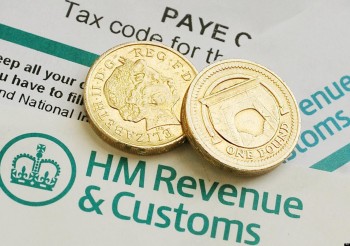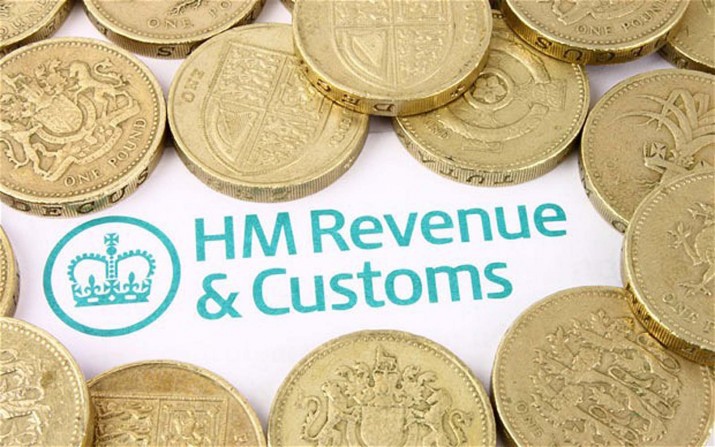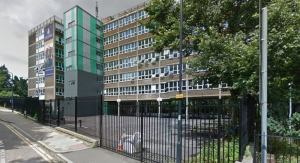HMRC: Up to £3.5bn furlough claims fraudulent or paid in error
TM Revenue and Customs told MPs on the Public Accounts Committee it estimates that 5-10% of furlough cash has been wrongly awarded.
this means up to £3.5bn in Coronavirus Job Retention Scheme payments may have been claimed fraudulently or paid out in error.
Latest data shows the scheme has cost the government £35.4bn so far.
The scheme has paid 80% of the wages of workers placed on leave since March, up to a maximum of £2,500 a month.
Speaking to MPs on Monday, HMRC’s permanent secretary, Jim Harra, said: “We have made an assumption for the purposes of our planning that the error and fraud rate in this scheme could be between 5% and 10%.
“That will range from deliberate fraud through to error.”
The Public Accounts Committee estimates that a total of £30bn in tax was lost in 2019 due to taxpayer error and fraud.
Both HM Treasury and HMRC were ordered to appear in front of MPs to explain how they were intending to reduce the problem.
“What we have said in our risk assessment is we are not going to set out to try to find employers who have made legitimate mistakes in compiling their claims because this is obviously something new that everybody had to get to grips with in a very difficult time,” said Mr Harra.
“Although we will expect employers to check their claims and repay any excess amount, what we will be focusing on is tackling abuse and fraud.”
So far, 8,000 calls have been received to HMRC’s fraud telephone hotline. HMRC is now looking into 27,000 “high risk” cases where they believe a serious error has been made in the amount an employer has claimed, he added.
Mr Harra advised that any employee who feels that their employer may have been fraudulently claiming furlough money can report it to HMRC by filling in a form on its website.
“While we can’t get involved in any relationship between the employee and employer, we can certainly reclaim any grant that the employer is not entitled to, which includes grants they have not passed on in wages to their employees.”

What is furlough fraud?
A fraudulent error may involve employers claiming despite not meeting the scheme’s criteria, such as:
- Claiming CJRS despite keeping staff working;
- False payroll records;
- Intentionally not using the furlough money as required;
- Or claims by organised criminals.
Other types of errors which may be innocent are transposition mistakes in data, an error in a date or computation when inputting the claims online. The rules are complex, particularly for partial furlough, National Insurance Contributions and salary sacrifice.
HMRC’s response
As well as following up whistle-blower reports, we expect HMRC to use its ‘Connect’ computer system to flag anomalies in claims, while looking at industry and sector norms.
HMRC’s Fraud Investigation Service can conduct criminal investigations with a view to prosecution for cheating the public revenue or fraudulent evasion of income tax.
The department has already shown that it will act decisively, with an arrest for suspected furlough fraud in July 2020, alongside freezing money in a bank account and seizing computers, digital devices and records.
That month, employers were given 90 days to disclose incorrect furlough claims. This period ends in just six weeks on 20 October 2020, giving businesses a vital but ever-shortening window to right any wrongs, or repay any incorrect claims.
Next steps
Once the 90 day period passes, HMRC will begin in earnest to pursue furlough and SEISS claims using both criminal and civil powers. Those who knowingly made incorrect claims and failed to notify the government will face significant penalties.









